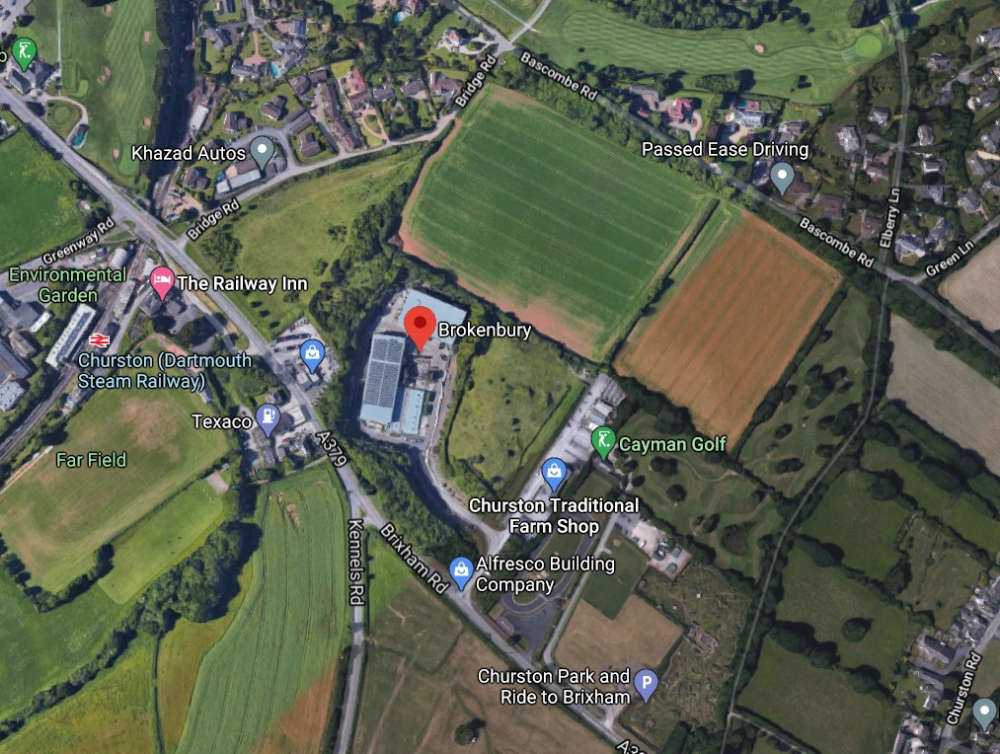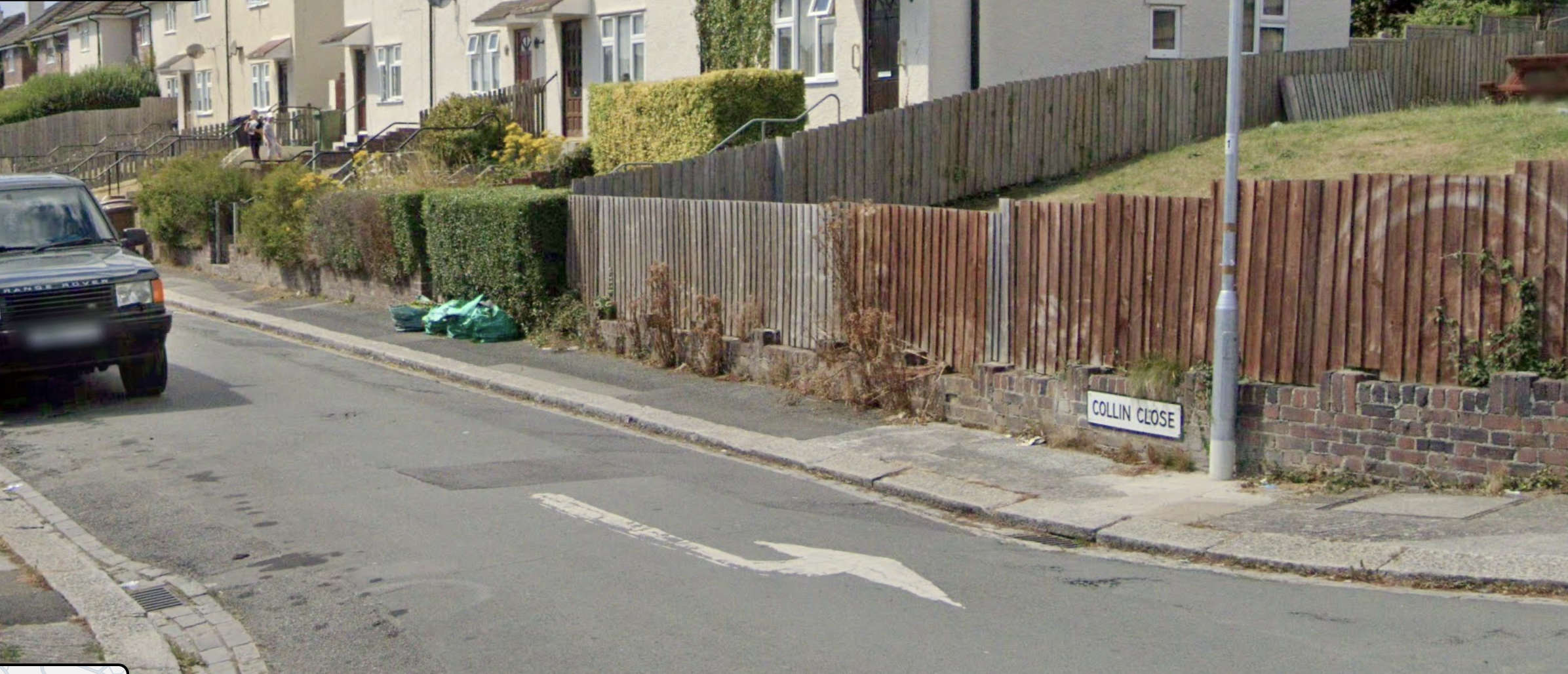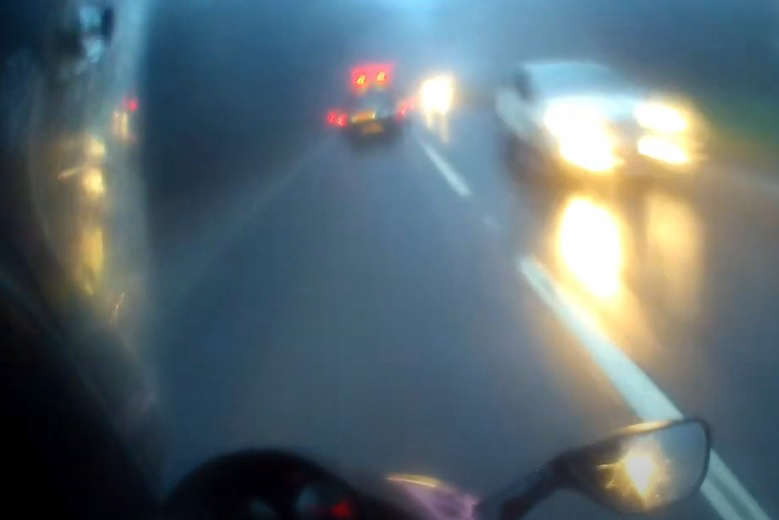
It's where people send explicit texts, images or videos of themselves.
A new campaign has been launched by Devon & Cornwall Police - to help young people avoid the dangers of sexting.
It's where people send explicit texts, images or videos of themselves.
However it's illegal for anyone, of any age, to take, send, receive or share images of anyone under 18 - including selfies.
Sexting among under 18s is an increasing issue which is reflected nationally. However, it is largely unreported and therefore the true number of sexting incidents is unknown. Despite this, it is important to state that the majority of young people are not doing it. If something has gone wrong and a person has lost control of an image, it is important that they speak to someone they trust.
This increase has highlighted why it is important to educate young people about the potential consequences of sexting and to encourage parents to have open and honest conversations with their children about it.
Messages will go out to parents via Facebook and Twitter, and to young people via Instagram. Print materials will also be used to extend the reach of the safety messages outside of the digital world. Information will also be shared via Exeter City Community Trust at the Exeter City Football Club headquarters during the club’s summer holiday activities for young people.
Superintendent of Local Policing Commander, Exeter, East and Mid-Devon, Matt Lawler, said: “Education and safeguarding is at the forefront of all we do with young people as a police force. We want to reassure young people and their parents that we are here to help when you need us.
“Technology has become ever more advanced and available. This is why our sexting campaign is so important. By educating young people and parents around sexting and the potential consequences of sending these types of images, we are trying to encourage people make better choices and avoid the damaging effects of sending a message and then immediately regretting it.”
“We also provide non-judgemental assistance to those who have posted sexual imagery.
“Our main message to young people is this: when you press send, you lose control of that image, where it ends up on the internet and who sees it. The best way to stay safe is not to send images in the first place.”
Justin Quick, Chief Operating Officer at Exeter City Community Trust said, “At Exeter City FC we come into contact with thousands of young people and parents every year, through both the football club and our partner charity CITY Community Trust. We are pleased to be able to support this campaign and help raise awareness and educate young people about the issues around sexting”.
Steve Shepherd of Safer Internet UK added, “Children and young people are entering an increasingly complex world. We must acknowledge that taking risks and experimenting is part of growing up and learning.
It is vitally important to educate them, parents and professionals around how digital technologies work. It’s also important that if a child or young person does make a mistake and comes to a parent or professional, then they are able to support and safeguard them in a positive way.”
Alison Hernandez, Police and Crime Commissioner for Devon, Cornwall and the Isles of Scilly said, “Sexting is a growing concern as most young people now have, or have access to, a mobile device.
“It is important that young people understand the law surrounding sexting and the consequences it can have.
“As a parent myself, I feel it is also vital that parents and guardians have an understanding of the topic and are provided with the correct tools and information to proactively talk to their children about the issue. This campaign provides useful information for both young people and adults, as well as signposting to help if needed.”
 Official challenge to Torbay solar farm project
Official challenge to Torbay solar farm project
 Two people injured in suspected Plymouth stabbing
Two people injured in suspected Plymouth stabbing
 Four councillors banned from council tax debates
Four councillors banned from council tax debates
 Video shows Devon biker causing horrific crash
Video shows Devon biker causing horrific crash
 Murder charge after Kingsbridge crash
Murder charge after Kingsbridge crash
